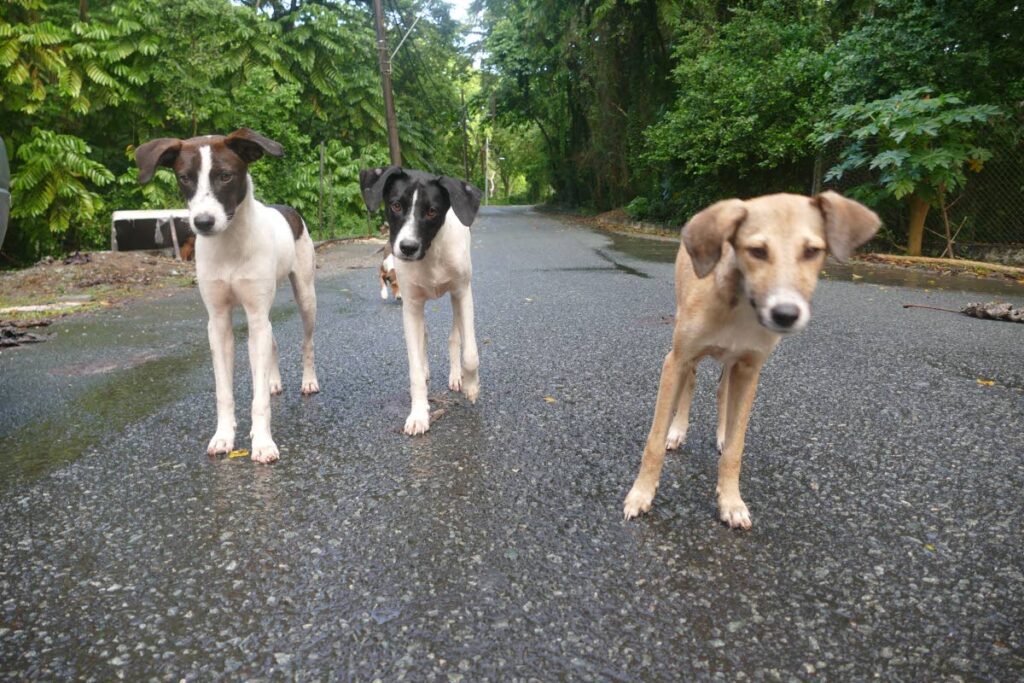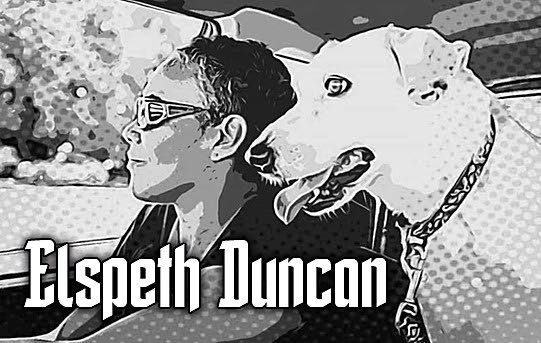Tobago's second Studley Park

In early 2012, a friend taking me to the airport in the late afternoon, drove along Golden Grove Road, Tobago.
It was the first time that I was passing there and, in the magical aura of twilight, I was struck by the lush, mystical beauty of the tree-lined lane, the quaint sugar mill, the pastoral setting and the small, winding river.
Eleven years later, this road paints a different picture.
Lyndon Skeete manager of the family-run Buccoo Historical Estate and long-time resident of Golden Grove Road, Canaan, refers to that stretch as "Tobago’s alternative to Studley Park." (Studley Park is the island’s only official landfill).
“Garbage has been a problem for a very long time,” says Skeete, reminiscing about the contents of what was once the Skeete Trace garbage bin: “Mattresses, old tiles, dead dogs, toilet bowls, remains of de-boned fish, old construction material, trimmings from landscaping. And there was a serious rat infestation. A colony of rats was living in the bin. Health department sent their team to put rat bait around the place.”
The bin, a health hazard, was eventually removed.
“The bin was not a bin; it was a second Studley Park,” Skeete says.
Nowadays, general garbage, large appliances (fridges, stoves, washing machines), mattresses, chair and couch sets, rotting entrails of cows, and old galvanised sheets are some of the unsightly items regularly discarded by members of the public.

Skeete offers three suggestions:
(i) Environmental Management Authority (EMA) and police need to be more vigilant and proactive and start charging people for dumping.
(ii) Individuals traversing the area must record and report the number plates of vehicles whose drivers are openly dumping items.
(iii) Cameras monitored by the police, EMA and health department should be set up along the stretch.
“The average Tobagonian should see it as their duty to maintain the area,” he states. "They should say ‘This is my home, my place. I may not be living in the immediate environment, but what I won't do in my area, I will not impose on someone else.’"
The dumping of inanimate objects is not the only problem plaguing the area. Skeete has observed that over the past three to four years, more people have been dumping their unwanted dogs and, sometimes, cats along the stretch.
Over the years, four of those dumped dogs have become Skeete's family pets.
“I didn’t pick them up. They picked me up!” Skeete reveals. “They followed me when I went to look at my cows.”
The dogs were well behaved and friendly and his young son fell in love with them.
“Right now, at our residence, the dogs sleep in different areas around the house – the balcony and so on. They act as protection and they are very loyal.”
About two months ago, five young dogs (the Famous Five), were dumped along that stretch. They have also started accompanying Skeete when he visits his cattle.
Various members of the public have been feeding those dogs daily.
Vashti Gobin and her husband Gregory first encountered the Famous Five in September. They have been regular visitors, providing food and water and monitoring their general well-being.
“Thankfully lately I've been noticing other persons go to feed them also, which brought some relief to me,” says Gobin, who has understandable concerns for the dogs’ safety.
She cites getting hit by passing vehicles, starvation, dog fights and poisoning as threats.
She admits that she cries when she sees how easily some human beings dispose of animals, without caring about what may happen to them.
Currently, in the absence of people who will foster or adopt the dogs, there is nowhere for them to go. The underfunded, overcrowded TTSPCA Tobago shelter is overflowing with dogs and cats and has advised the public that they will not be accepting any animals at this time.
As the Famous Five, three females and two males, are un-spayed/unneutered, a puppy population explosion is waiting to happen. With the average cost of spaying/neutering starting in the region of $600 per dog, the average animal-loving citizen cannot afford the procedure for their own pets, far less, the increasing number of animals dumped around the island.
Kameal Ali, manager of Blue Horizon Resort, Mt Irvine and head of Tobago’s Muslim Community, also feeds the Famous Five (and many other underprivileged dogs and cats) regularly, using end-of-the-day food remains from various restaurants.
“Spay/neuter animals,” he says. “Stop dumping them; they have feelings and are God’s creation. Be kind to them – and that will pave a path of goodness for you.”

Comments
"Tobago’s second Studley Park"